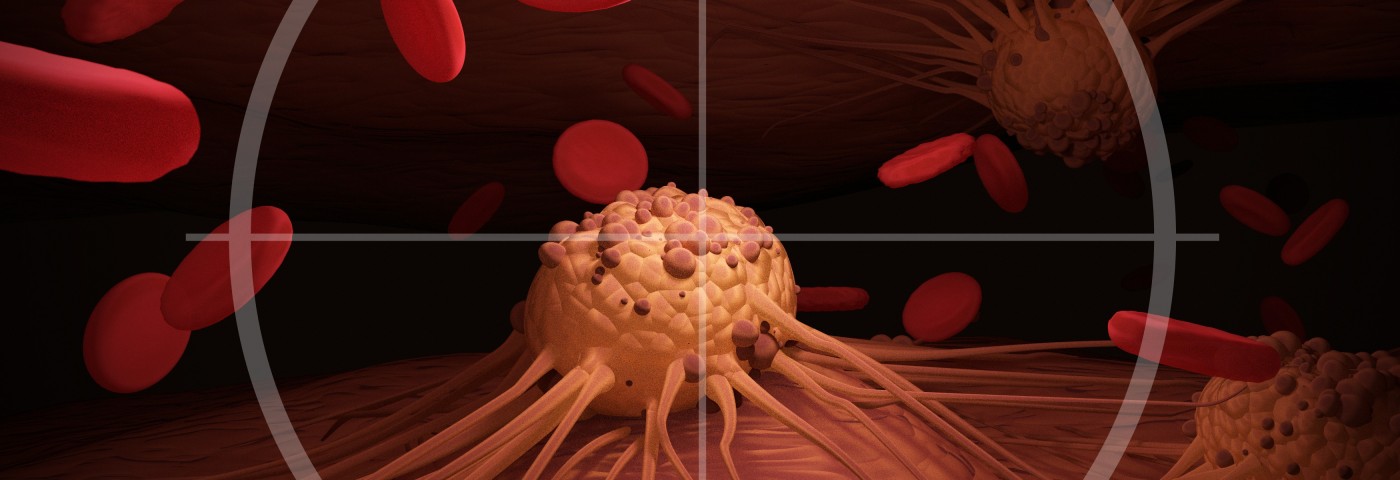Baylor College of Medicine researchers have identified a new strategy to improve the survival and expansion of natural killer T cells (NKTs) – immune cells with promising antitumor properties – in culture laboratory tests and in mouse models.
The cells achieved sustained tumor regression in a B cell lymphoma model. The team also identified a marker for cells with high proliferative and cancer immunotherapy potential.
The research paper, “CD62L+ NKT cells have prolonged persistence and antitumor activity in vivo,” was published in The Journal of Clinical Investigation.
Cancer immunotherapy is one of the fastest growing therapy approaches in cancer research, employing the boost of a patient’s own immune system to fight and annihilate cancer cells. One such approach relies on T cells that are taken from the patient and engineered to recognize and destroy tumor cells. After extraction from the blood, researchers introduce, through gene transfer, potent receptors into T cells allowing them to kill cancer cells. These T cells are then reintroduced into the patient’s circulation system. Ideally, the T cells travel to the tumor site and kill malignant cells.
Chimeric antigen receptors (CAR) are synthetic receptors that are delivered and linked to specialized subsets of T cells by gene transfer, allowing T cells to specifically target and kill cancer cells that express certain proteins.
CARs have shown promising results in clinical trials for certain types of leukemia and lymphoma but little success when it comes to solid tumors. Because NKTs are potent fighters against solid tumors, they constitute an attractive carrier for CARs. However, the clinical application of CAR-NKTs has been delayed because NKT expansion mechanisms are still poorly understood. Researchers need to preserve survival and proliferation once the cells are delivered back into the patients for an effective cancer immunotherapy.
Previous research has shown that central memory T cells, characterized by the expression of the surface molecule CD62L, have better ability to proliferate and survive which brings greater therapeutic effects.
According to the study, researchers developed and expanded NKT cells that express CD62L, a cell surface receptor, at higher levels and further propagate NKT cells in culture.
Using a mouse model of lymphoma, the team observed that mice could only be cured after receiving treatment with CAR-NKT cells positive for CD62L, as opposed to those treated with cells negative for the molecule. Researchers also discovered that combination of an antigen-presenting molecule, CD1d, with costimulatory molecules, CD86, 4-1BBL and OX40L, induced prolonged cell survival and better therapeutic activity of NKT and CAR-NKT cells in the models.
“Our goal now is to optimize our NKT cell expansion protocol so that we can obtain FDA approval to initiate clinical trials,” said senior author Dr. Leonid Metelitsa, professor of pediatrics at Baylor, in a news release.


